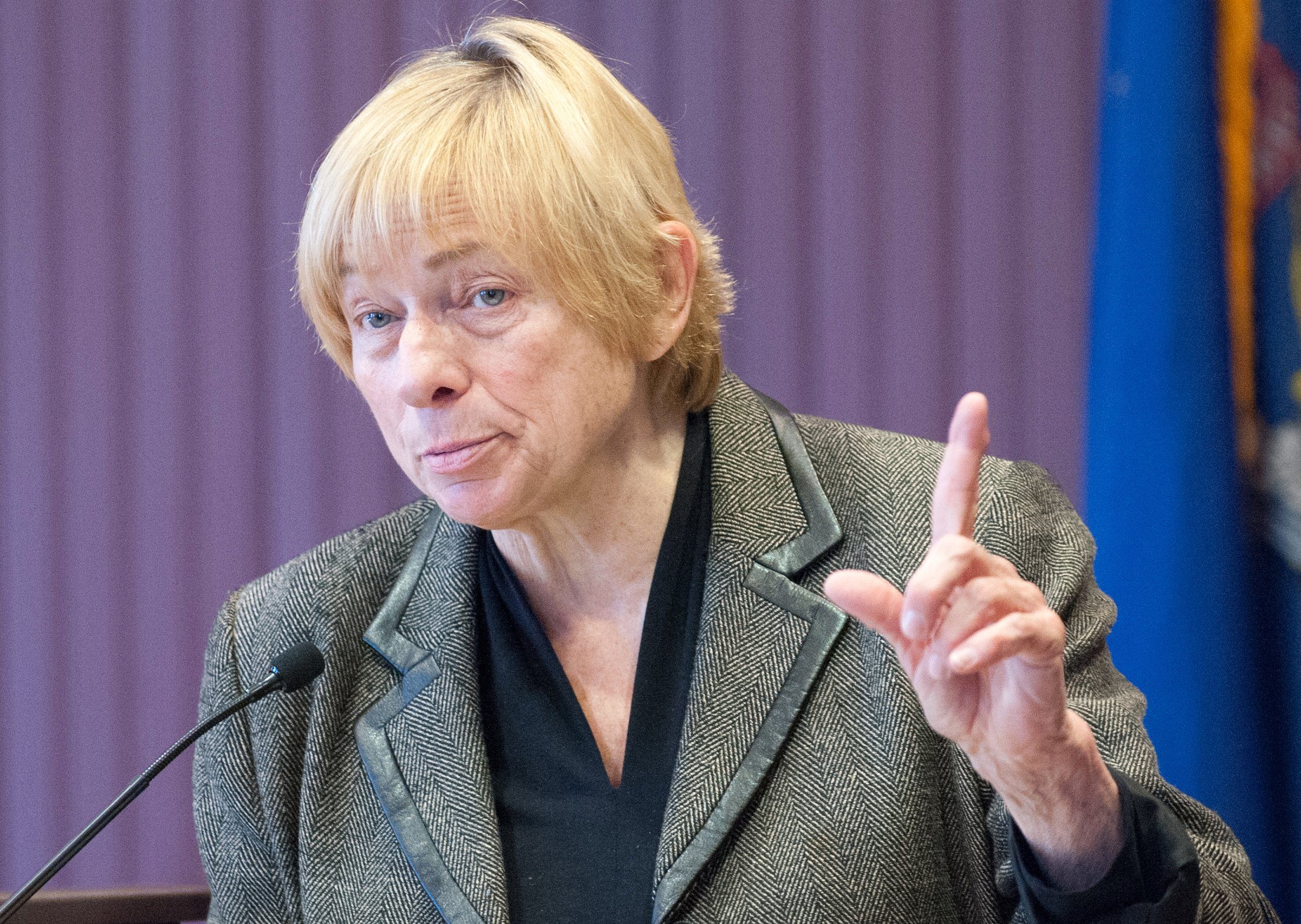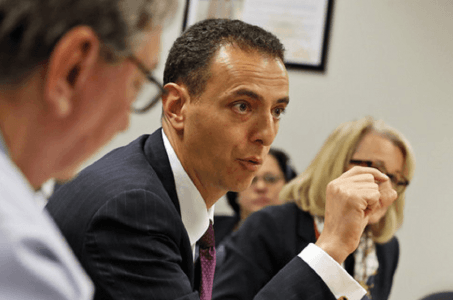Maine House Fails to Override Governor Veto, Sports Betting Dead for This Year
Posted on: February 11, 2020, 10:25h.
Last updated on: February 11, 2020, 11:01h.
The Maine House of Representatives did not override Democratic Governor Janet Mills’ veto of the state’s sports betting bill Tuesday, despite having been widely tipped to do so.

The House voted 85-57 in favor of the bill, but fell short by around ten votes of the necessary two-thirds super majority. Sports betting will have to wait until next year.
Ironically, many felt the lower chamber was a safe bet to overturn the veto — it was the Senate that was expected to be the heavier lift.
Senate Causes Stir… By Mistake
The bill had overwhelming backing when it was passed emphatically in the House by verbal vote last June. It squeezed through the Senate later that day — the penultimate of the session — by 19-15.
Mills failed to sign the bill over the summer and delivered her veto on January 12. She described the bill as a “good effort,” but said she remained “unconvinced” Mainers were “ready to legalize, support, endorse, and promote betting on competitive athletic events.”
An override remained a longshot. But the Senate surprised everyone last week by voting 20-10 against the governor. It was the tightest of victories, and it only came about by sheer accident.
The Bangor Daily News revealed Monday that State Sen. Lisa Keim (R-18th), who opposed the bill when it passed the Senate in June and is closely affiliated with the Christian Civic League of Maine, had voted to override the measure by mistake.
It was the first time a Mills veto had been overridden in either House. But the unexpected result put the Governor’s Office — and casino industry lobbyists — into overdrive.
Casinos Oppose Bill
On Monday, State Rep. Scott Strom (R-106th) told Legal Sports Report that he had “never seen” such intense lobbying on any bill, adding that the governor was personally calling Democratic representatives one by one to ask them not to override.
Meanwhile, the state’s two casinos were stepping up the pressure, urging their employees to contact lawmakers and tell them to side with the governor.
The casinos are against the bill because it would open the market to out-of-state mobile operators like FanDuel and DraftKings, who — uniquely, so far in the US — would not be required to partner with an existing land-based gaming licensee.
These last-ditch efforts appear to have worked. And so perishes the most progressive, free-market sports betting bill America has yet seen. Expect something less radical next year, which will probably involve tethering mobile operators to land-based casinos.
Related News Articles
Most Popular
Tropicana Las Vegas to be Imploded, Tentative Date Set
VEGAS MYTHS BUSTED: Golden Gate is the Oldest Casino in Vegas
DraftKings Leads Bank Sports Betting Survey, ESPN Bet Surprises
Most Commented
-
End of the Line for Las Vegas Monorail
— April 5, 2024 — 90 Comments -
Long Island Casino Opponents Love New York Licensing Delays
— March 27, 2024 — 5 Comments
















No comments yet